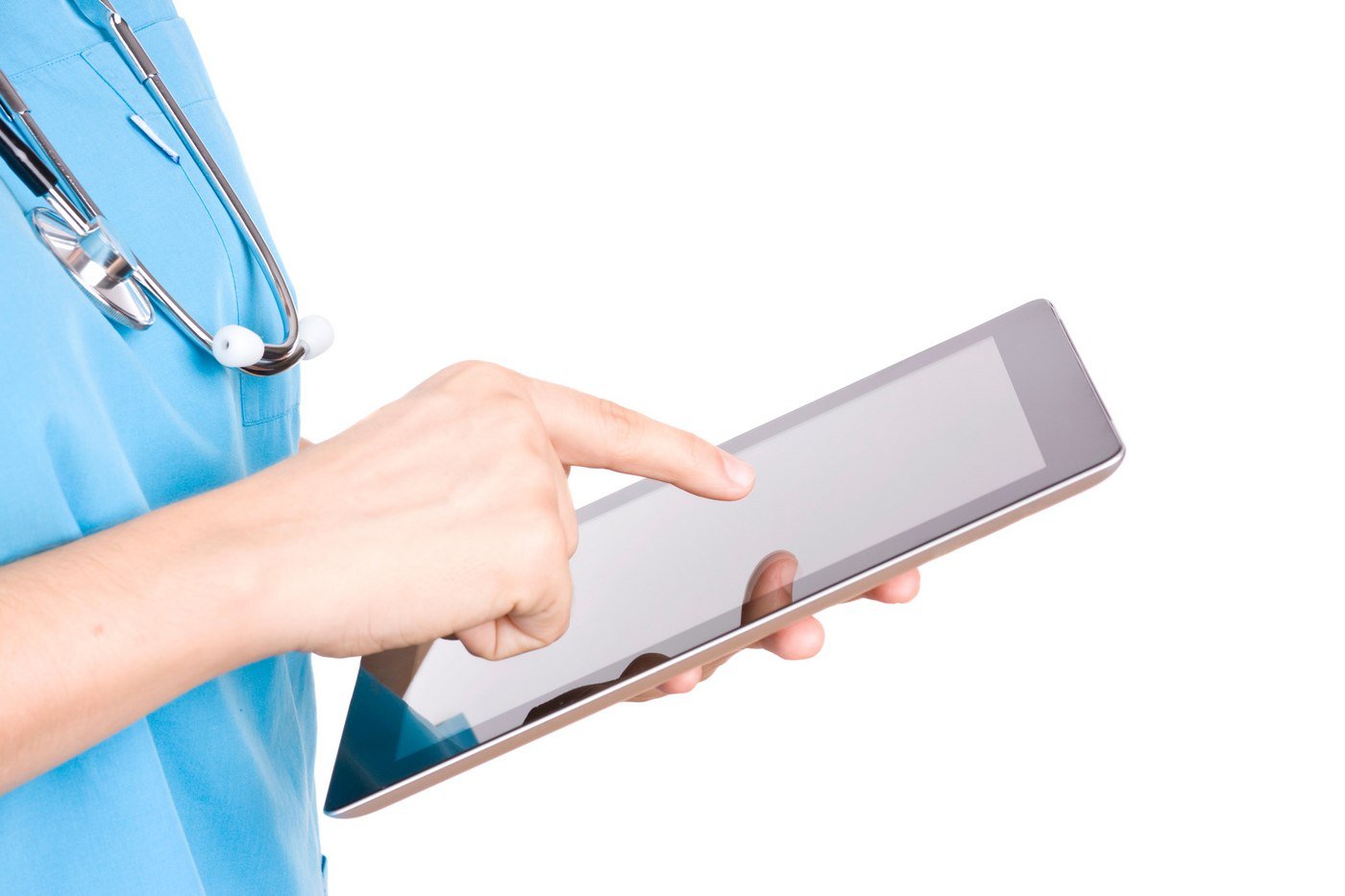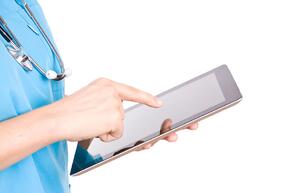

 Physicians increasingly expect the ability to access EMRs on their mobile devices. As we relayed in this space in July, a recent survey found that 100 percent of physician practices that are considering switching EMRs view mobile access as a requirement for their next system.
Physicians increasingly expect the ability to access EMRs on their mobile devices. As we relayed in this space in July, a recent survey found that 100 percent of physician practices that are considering switching EMRs view mobile access as a requirement for their next system.And why not? Having patient information available on a mobile device anywhere, anytime offers tremendous advantages in care delivery. From retrieving a patient’s record for quick clinical decision-making while away from the practice to reviewing imaging with patients at bedside, mobile EMR access has ushered in a new dimension in clinical convenience.
The profession is also well-equipped with the necessary devices. While 42 percent of adults in general now own tablet computers, that number increases to 72 percent for physicians, with 51 percent using their tablets daily to access EMRs.
Taken together, those numbers point to an interesting gap. All physician practices thinking of switching EMRs view mobile access as a requirement. Yet roughly 21 percent of physicians who carry tablets do not use those devices for EMR access.
Part of that gap is of course due to the fact that many EMRs don’t offer mobile capabilities, but that’s not the only reason. Additional factors that can affect a physician’s decision regarding whether to use an available mobile option include:
- Appreciation of EMR value. The more a physician considers an EMR to add value to care delivery, the more he or she wants mobile access. Individuals who were less enthusiastic about moving from paper charting are less likely to lean toward mobile.
- Embrace of patient involvement. Physicians who want patients to take an active role in their care are more likely to want to review images, test results, etc. with patients on their tablets.
- Comfort with always being work-connected. Some physicians with tablets prefer them for personal use. As in any profession, there is an element of resistance to being always “at work” due to mobile connections.
It’s likely that these three factors will increase moving forward. Practices that have just recently adopted EMRs increasingly appreciate them with familiarity. There is a growing awareness of the importance of patient engagement. And we’re all coming to accept that being seldom “untethered” from work is actually a good thing in helping us do what we love doing professionally.
As these factors increase – and as more and more EMR suppliers add mobile functionality – it’s likely that mobile EMR access will eventually become ubiquitous among physician practices.
HERE ARE SOME RELATED ARTICLES YOU MAY FIND INTERESTING
Patient Engagement | social media | Aesthetics | med spa
7 Social Media Strategies for Aesthetic Practices and Med Spas
By: Robin Ntoh | April 17th, 2024
Help Guide Patients Through Their Many Decisions
By: Nextech | February 19th, 2024
Plastic Surgery | Patient Engagement | Dermatology | Aesthetics | med spa
Everything You Need to Know About Aesthetics for the Silent Generation
By: Robin Ntoh | February 8th, 2024